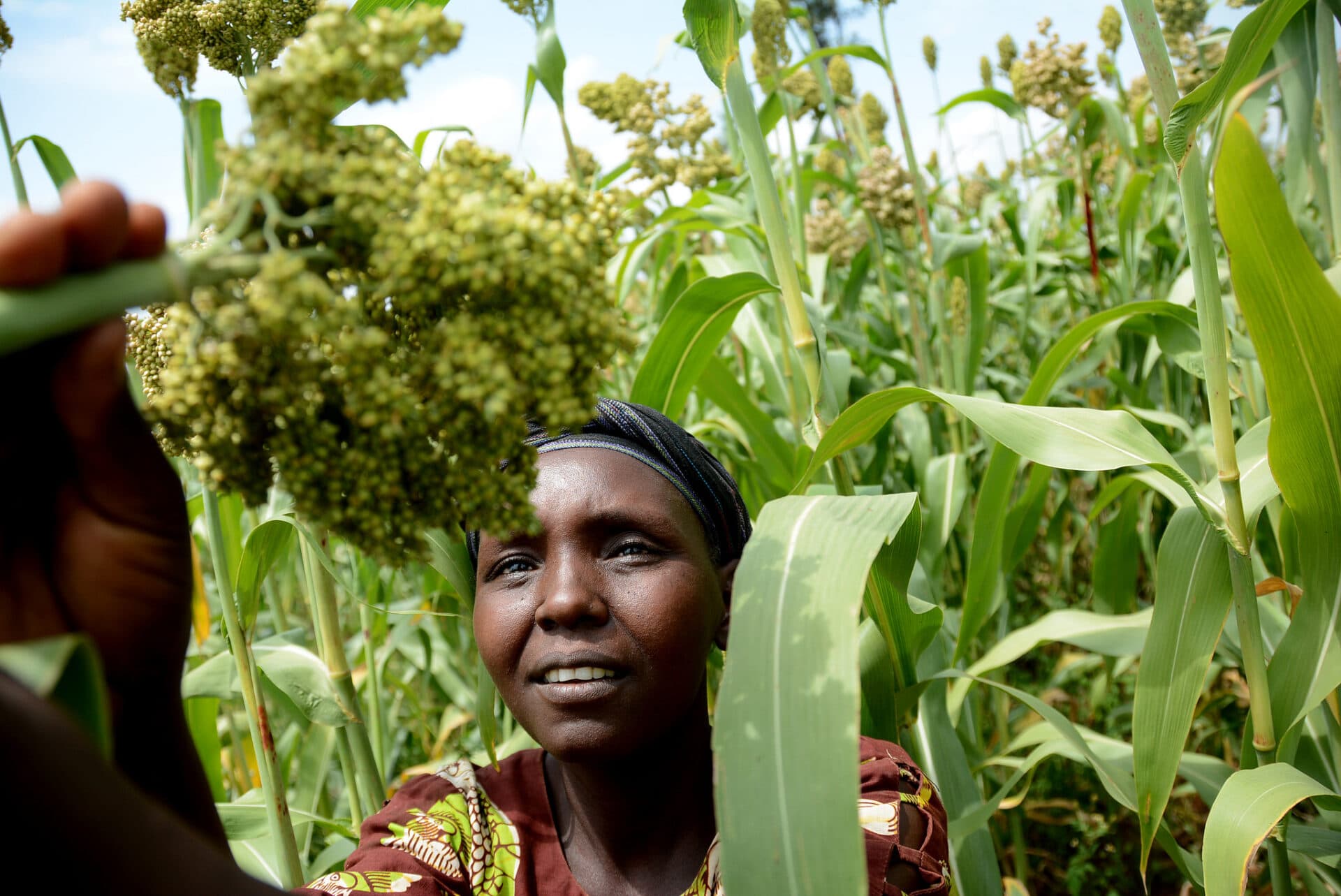Turkey offers joint leadership with Australia for COP31, seeks compromise
Turkey has proposed co leading next year’s U.N. climate summit with Australia in an effort to break a hosting impasse, but the two sides remain far apart on procedural details. The proposal underscores growing political friction around climate diplomacy, with potential knock on effects for carbon markets, investment planning, and the pace of international climate action.

Turkey has proposed jointly leading next year’s United Nations climate summit with Australia as officials seek to end a public standoff over who will host the conference, Turkish diplomatic sources said. The proposal has not been accepted and discussions are ongoing, with later exchanges revealing differing views on how a co presidency could operate within U.N. procedures.
The move highlights how logistics and institutional rules can now shape high level climate politics. COP conferences serve as the forum for settling technical rules that underlie global carbon markets, climate finance and national emissions commitments, so uncertainty about hosting arrangements creates risks for negotiators and for markets that price climate related policy risk.
Diplomatic sources said the two sides remain at odds over the mechanics of a joint presidency, a question that touches on U.N. procedures that have rarely been tested at this scale. The unresolved status means that key planning decisions remain on hold, from venue contracts and budget allocations to agenda setting and the composition of negotiating teams.
For investors and corporate strategists the delay matters because COP outcomes can affect policy trajectories in major emitters and the regulatory scaffolding for carbon trading and sustainability disclosures. Market makers and institutional investors watch COP processes closely for clarity on rules that influence values across energy, heavy industry and financial markets. Any prolonged procedural wrangling is likely to add to near term policy uncertainty at a moment when capital flows into low carbon technologies and adaptation projects are being closely evaluated.
The broader economic stakes are substantial. COP negotiations often inform the global standards that underpin carbon pricing and voluntary offset markets, and shape commitments that translate into investment demand in renewables, grid infrastructure and industrial decarbonization. Financial institutions and corporate treasuries use COP timelines to schedule capital allocation and risk assessments, so a brush with diplomatic impasse can translate into deferred decisions and increased risk premia for transition assets.
Policy makers are also watching for the political message. A co presidency would be an unusual diplomatic compromise that could signal a willingness to innovate around procedural norms to keep the U.N. process intact. Conversely, failure to agree on a workable model would underscore frictions between different national approaches to climate politics, potentially complicating efforts to finalize remaining technical matters such as rules for international carbon trading and mechanisms for loss and damage finance.
With the summit scheduled for next year, officials now face a compressed timetable to resolve hosting arrangements and to keep negotiations on track. The outcome will matter for negotiators, for markets that price climate related policy risk, and for the credibility of the U.N. climate process at a time when many countries are racing to translate climate commitments into measurable investment and policy decisions.


